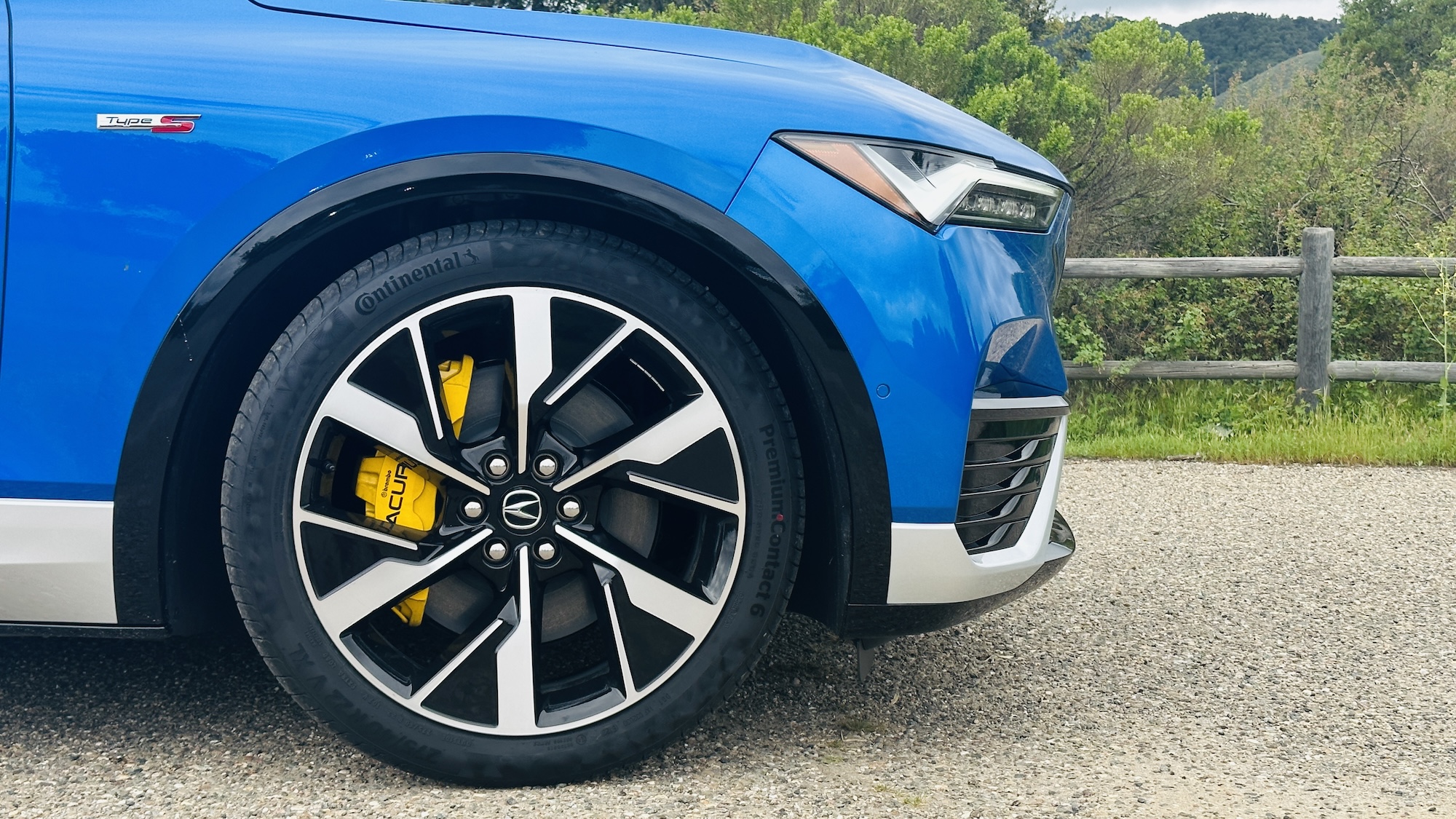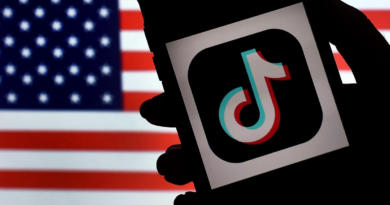Hyundai antes up $1B for AV startup Motional and Elon unplugs the Tesla Supercharger team
Welcome back to TechCrunch Mobility — your central hub for news and insights on the future of transportation.
Before I jump into the all the news — and boy there was a lot! — I have an important update for all of you lovely readers. TechCrunch Mobility is moving to Thursdays! It will be the same newsletter filled with news and insights on the sector, but just landing in your inboxes Thursday morning. Sign up here for free — just click TechCrunch Mobility!
EV startup Fisker laid off more employees to “preserve cash” as bankruptcy inches ever closer; ride-hailing company Ola cut about 180 jobs and ousted its chief executive, Hemant Bakshi, merely four months after appointing him to the post; and lidar company Luminar slashed its 700-person workforce by 20% as part of a restructuring to adopt an “asset light” business model.
Oh, and then there was Tesla CEO Elon Musk, who axed the automaker’s global Supercharger network team. That perplexing decision comes just as non-Tesla EV drivers gain access to the network.
That’s not to say the entire transportation sector was surrounded by economic storm clouds. There were brighter moments as well. Let’s go check it out!
A little bird
In the fallout from Tesla’s great Supercharger culling, we’ve spoken to several little birds, including those who were laid off and folks working at other automakers. As I mentioned above, Elon Musk gutted Tesla’s global Supercharger organization of about 500 people. Insiders at several different automakers — all of which are adopting Tesla’s charging tech — said they did not see this coming. “Shocked” and “stunned” were the most common phrases I heard.
On the employee front, there was a lack of communication from human resources in the hours directly following the mass layoff. Some told me they and their fellow former co-workers had not received information about severance and that communication had stopped altogether. A few of those folks had received severance emails by Friday. All of the people I communicated with were still struggling to understand why Musk would cut the Supercharger team — an organization that is fundamental to Tesla and its EV sales. Others surmised only Elon and maybe the former head of the Supercharger team, Rebecca Tinucci, would ever know the answer.
Got a tip for us? Email Kirsten Korosec at kirsten.korosec@techcrunch.com, Sean O’Kane at sean.okane@techcrunch.com or Rebecca Bellan at rebecca.bellan@techcrunch.com. If you prefer to remain anonymous, click here to contact us, which includes SecureDrop (instructions here) and various encrypted messaging apps.
Deals!
It’s been a minute since we heard of an autonomous vehicle startup raising a substantial amount of money — or heck any money at all. That all changed this week when Motional scored an essential multi-million-dollar win, courtesy of Hyundai.
Hyundai’s total commitment is $1 billion, but there are important details. Here’s how it breaks down. Hyundai invested $475 million directly into Motional as part of a broader deal that includes buying out joint venture partner Aptiv. Hyundai is spending another $448 million to buy 11% of Aptiv’s common equity interest in Motional.
The quick backstory: Motional was formed in 2019 as a $4 billion joint venture between Hyundai and Aptiv. Motional has spent the past several years plugging away at its autonomous vehicle tech, working toward a goal of launching a robotaxi service using driverless Hyundai Ioniq 5 vehicles in 2024. As Motional and Hyundai got closer — the companies announced plans in November to co-develop production-ready versions of the all-electric Ioniq 5 robotaxi — it seems Aptiv began to understand its own financial limitations. By January, Aptiv chairman and CEO Kevin Clark flagged that the company would reduce its ownership interest in Motional and stop allocating capital to the venture due to the high cost of commercializing a robotaxi business and the long road ahead to profits.
The decision, while not particularly surprising to the industry insiders I spoke to, still put Motional and Hyundai in a sticky spot. Would Hyundai step up? Would outside investors step in? Hyundai answered the call.
My question is will Motional, with the blessing of Hyundai, seek out other investors? That will all come down to how much capital Motional is burning through and whether it continues to chase the same robotaxi goals. If so, it seems the company will eventually need more capital.
Other deals that got my attention …
LiNova Energy, a California-based startup developing polymer cathode batteries, raised $15.8 million in a Series A funding round led by Catalus Capital, which was joined by Saft, a subsidiary of TotalEnergies, Chevron Technology Ventures and a syndicate of investors.
Rivian was awarded an eye-popping $827 million incentives package from the state of Illinois, funds that will be used to build out production lines for its next-generation EV, the R2.
Viking Holdings, the luxury cruise operator backed by private equity firm TPG and the Canada Pension Plan Investment Board, raised $1.54 billion in its IPO.
X Shore, a Swedish electric boat maker founded in 2016, raised €8.5 million in new funding from several unnamed existing backers, including founder Konrad Bergström.
Notable reads and other tidbits
ADAS
The National Highway Traffic Safety Administration opened an investigation into Ford’s hands-free driver-assistance system, BlueCruise, after it was found to be active during two recent crashes that killed multiple people.
The NHTSA made another big move in the sector and finalized a new Federal Motor Vehicle Safety Standard that will make automatic emergency braking, including the ability to detect and automatically brake for pedestrians, standard on all passenger cars and light trucks by September 2029. The agency said the safety standard is expected to significantly reduce rear-end and pedestrian crashes. Now, the NHTSA isn’t picking the technology automakers have to use. A number of computer vision and lidar companies have reached out to me to note how it could be beneficial to their business models.
Autonomous vehicles
TC contributor Tim Stevens takes us behind the scenes of the first Autonomous Racing League event in Abu Dhabi that pitted a self-driving car against a Formula 1 driver. His take? Yes, there were struggles; he also saw a lot of progress.
Electric vehicles, charging & batteries
Remember last year when Henrik Fisker proudly debuted two prototypes designed to catapult his eponymous EV startup into the mainstream? TC reporter Sean O’Kane learned the engineering firm that helped develop those vehicles is suing Fisker for $13 million in damages. Read more to learn about this lawsuit, plus several others.
This week’s wheels
I turned the wheel over to TC contributor Emme Hall this week for a test drive of the new all-electric Acura ZDX Type S. You can read the entire review here, plus I suggest you watch her video of the hands-free advanced driver-assistance system in the vehicle. For those who want a sneak peek before committing to the longer read, here’s the gist.
Hall expected joy and delight. Instead, it was more meh. Here’s one of the whys. The Type S weighs over 6,000 pounds. Even if the weight is evenly distributed front to rear, that’s a lot of heft to get around a turn. She liked the hefty steering, but there wasn’t much feedback happening.
“The torque is always there on corner exit and body roll is kept in check, yet I’m not feeling the delight,” she wrote, adding that the 275/40 Continental Premium Contact 6 summer tires on the Type S offered up plenty of grip, but the low-profile sidewall combined with the harder run-flat rubber compound meant that the ride was just a touch harsh.
Hall’s pursuit of an all-electric SUV that’s fun through the twisties continues.








